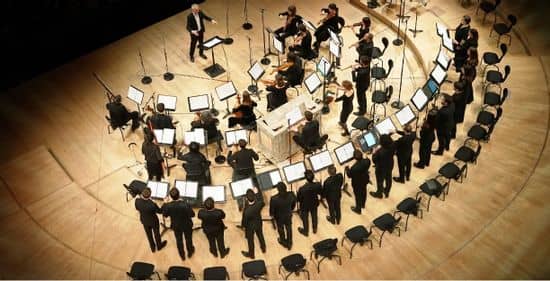Opéra de Nancy
Rameau Gala
BilletterieAfter exploring the 17th century for many years, and approaching the 18th century from a sacred perspective with Lalande and Campra, Correspondances now ventures into the territory of the most emblematic figure of the Enlightenment opera : Jean-Philippe Rameau. Better late than never : this is also what Rameau said to himself when he approached the genre of musical tragedy for the first time. He was then 50 years old and created his first opera at the Académie Royale de Musique in Paris. Everything had been germinating for years in his highly creative mind and although he waited for the right opportunity to launch himself, he had spent the previous decades preparing all the elements of a resolutely new language. His pioneering theoretical research, in the vein of the Encyclopedists, as well as his religious works for harpsichord and for salons, heralded the work to come, with the support of a devoted patron.
In 1733, the Paris Opera discovered Hippolyte & Aricie by Rameau. Its success was preceded by a wave of surprise : people wondered how so many ideas could be contained in a single opera. The first detractors probably had to attend several evenings in a row to grasp all this musical material, which was unprecedented in its richness… This late launch caused a sensation, giving rise to countless quarrels (in which Rameau himself participated, highly controversial as he liked to be), but ultimately established the Dijon musician at the center of the scene. The following years were marked by a series of successes : Castor et Pollux, Dardanus and Les Indes Galantes transported opera audiences into a new world, one of intense, rich, and opulent music, a colorful orchestra, and a previously unknown sense of dance.
This program sails through Rameau’s early operas with the same guiding principle that inspired the composer in his day : to serve the voices, to compose in order to showcase the great singers around him.
